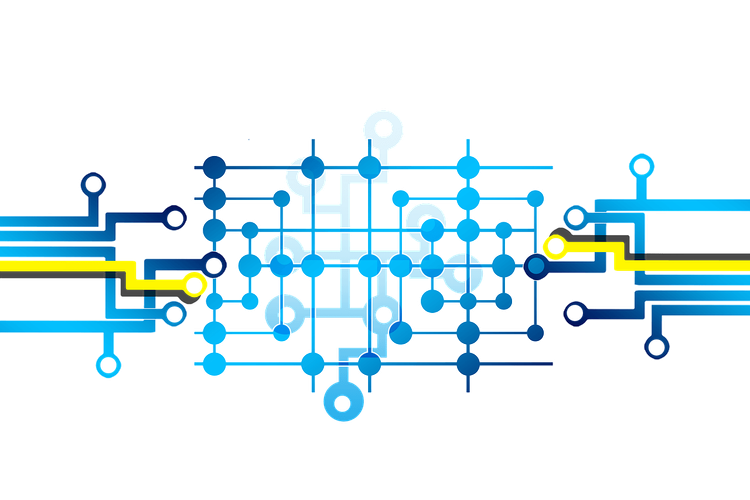South Korea's fabless AI chip sector has experienced a surge in fundraising over the past few years, driven by increasing demand for hardware that supports AI applications. This dynamic landscape is now witnessing consolidation, as two leading fabless AI chip startups, Rebellions and Sapeon, announced their merger on Wednesday.
This strategic merger aims to position Rebellions and Sapeon as front-runners in South Korea’s fabless AI chip market, enabling them to compete with global leaders like Nvidia. Unlike traditional chip manufacturers, fabless companies focus on research, development, design, and marketing rather than the actual production of chips.
Insider sources indicate that the newly merged entity may pursue an initial public offering (IPO) within the next two to three years. Both companies view this timeframe as a "golden hour" for South Korea to capture a larger share of the global AI chip market. As demand for specialized neural processing units (NPUs) continues to rise, they plan to enhance their NPU businesses post-merger.
This merger comes at a crucial juncture in the global semiconductor industry. Currently, Nvidia holds a commanding 97% market share for specialized AI chips, attributed to its early investment in data center services and software that empower other companies to develop large language models and AI applications. Yet, the landscape presents emerging opportunities for Rebellions and Sapeon to carve out their niches: the cost of computing is escalating as demand surges and chip availability dwindles, prompting AI firms to seek alternatives to Nvidia's hardware.
In a notable shift last month, Apple announced plans to utilize its own chips for AI data centers. Meanwhile, tech giants like Google, Amazon, and Microsoft are also developing proprietary hardware for their AI applications. In a concerted effort against Nvidia's dominance, companies such as Intel, AMD, Google, Meta, ARM, and Broadcom are collaborating to establish standards for connecting AI accelerator chips in servers.
Looking Forward
Although Rebellions and Sapeon have not disclosed specific details on the merger ratio, they will soon initiate due diligence, expected to take around one month, with plans to finalize the transaction in the latter half of 2024. The management team will be led by Rebellions, with all employees from both companies joining the new entity. Rebellions employs 130 staff members, while Sapeon has over 100 employees across South Korea and the U.S.
The merger also retains the interests of two of South Korea’s largest telecommunications providers, SK Telecom and KT, along with SK Hynix, the world’s second-largest memory chip manufacturer. Sapeon, supported by SK Telecom and SK Hynix, and Rebellions, owned by KT, are set to benefit from this collaboration.
Rebellions has confirmed it will maintain its partnership with Samsung Electronics—an active competitor of SK Hynix in the semiconductor sector—working on ongoing projects such as Rebel. Earlier this year, Rebellions revealed that the Rebel AI chip would utilize Samsung’s 4-nanometer fabrication process and be integrated with Samsung’s HBM3E memory chips, which are essential for developing and operating large language models.
Additionally, KT integrated Rebellions' Atom, an AI chip designed for data centers, into its cloud-based NPU infrastructure in 2023. Atom will be produced using Samsung’s 5-nanometer fabrication process, while Rebel is aimed at supporting larger AI models.
This announcement comes after Rebellions recently raised $124 million in Series B funding, leading to a valuation of approximately $658 million. Founded in 2016 and spun out from SK Telecom in 2022, Sapeon is focused on developing NPU hardware and comprehensive software solutions. Last November, Sapeon unveiled its 7-nanometer AI chip, the X330 NPU, tailored for autonomous vehicles, and has since announced plans to create an on-device AI chip for the edge computing market. In August 2023, Sapeon secured over $45 million in Series A funding, resulting in a valuation exceeding $380 million.
This article has been updated with insights from Rebellions regarding its collaboration with Samsung.







